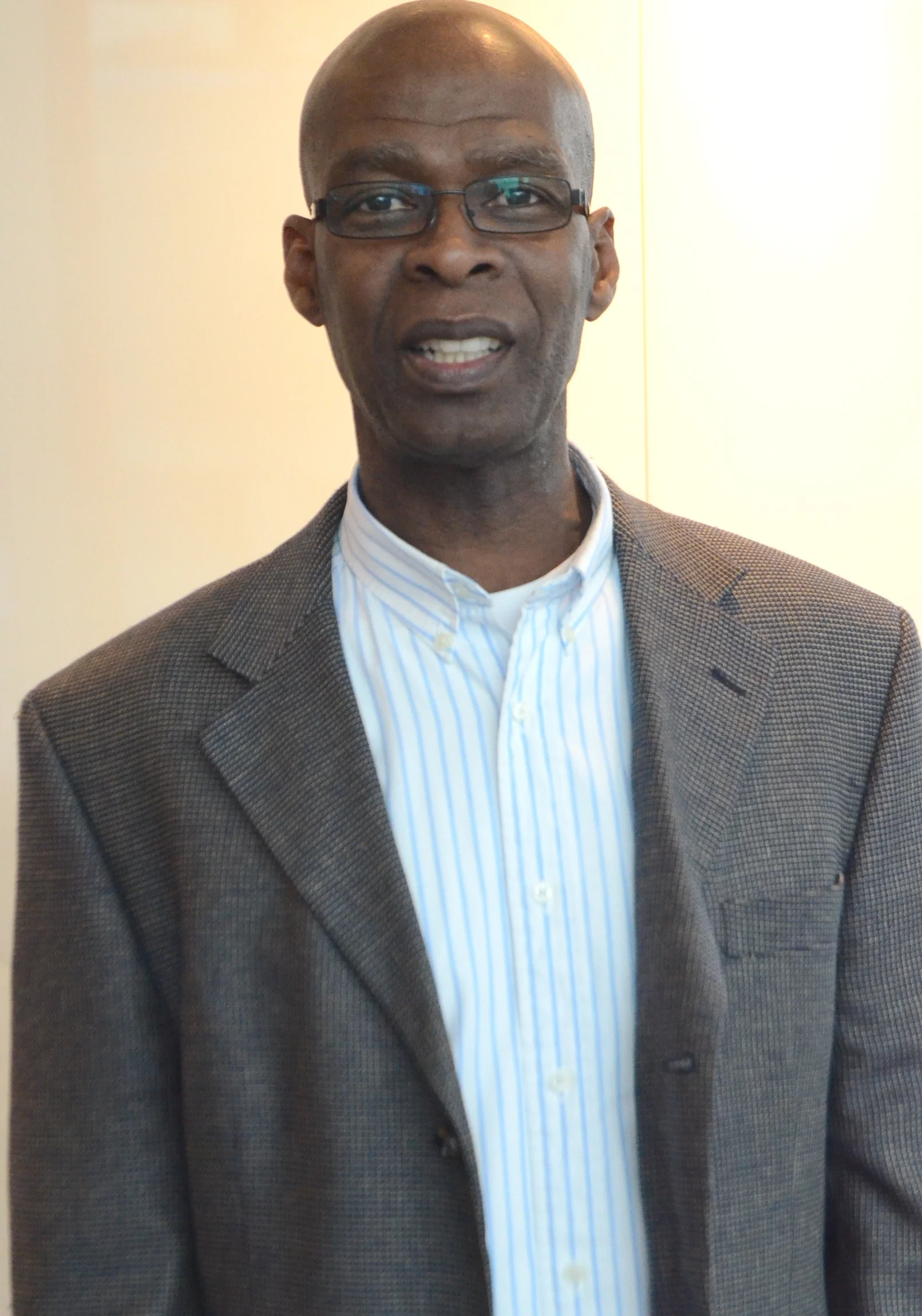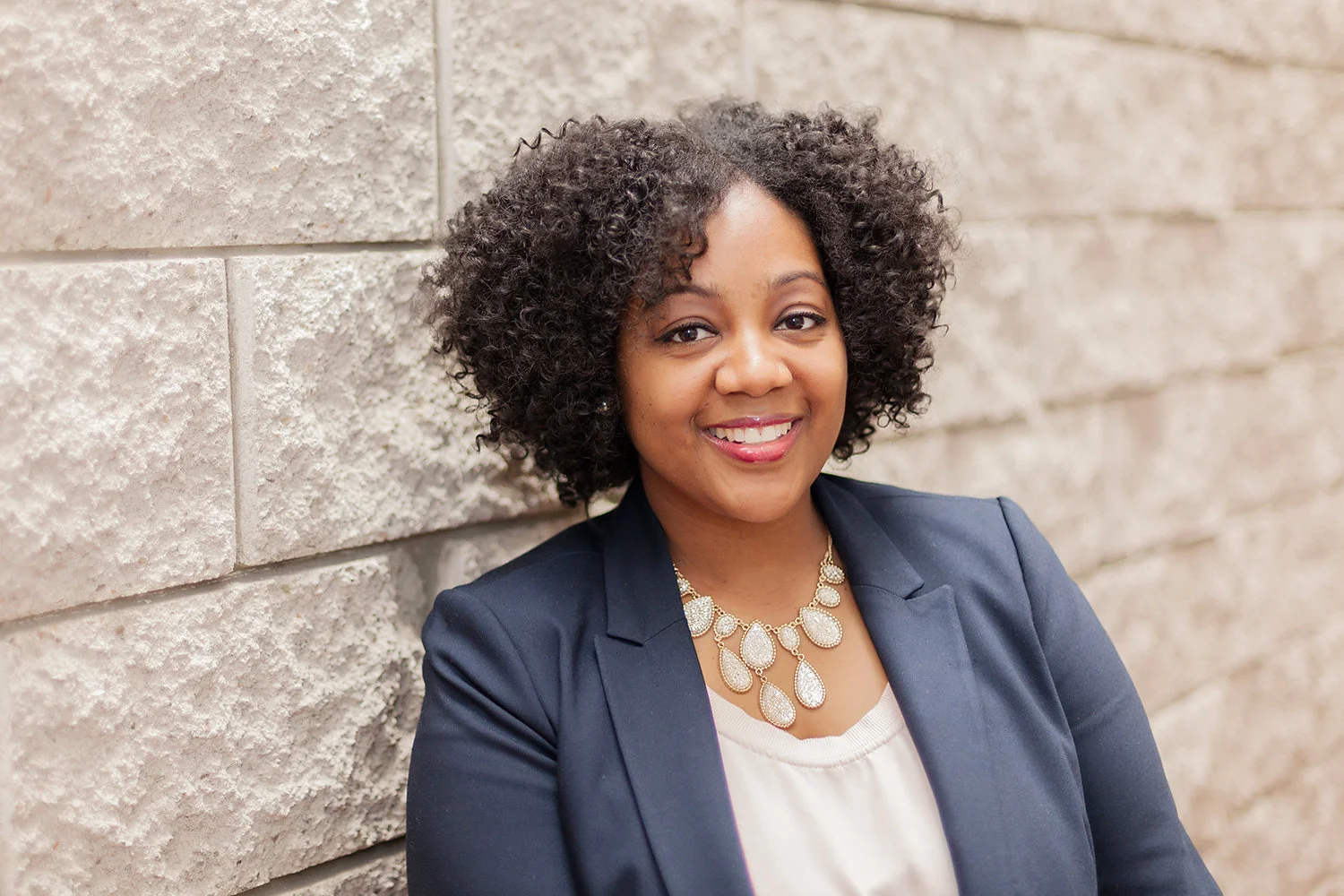Streaming of Black students still widespread-study
May 4, 2017
Black students continue to be guided towards essential and applied courses of study instead of being offered opportunities to participate in academic programs.
This is one of the findings of a new report released at the third annual Ontario Alliance of Black School Educators (ONABSE) conference recently.
York University professor and Jean Augustine Chair in Education, Community & Diaspora Dr. Carl James prepared the insightful report, ‘Towards Race Equity in Education: The Schooling of Black Students in the Greater Toronto Area’.
The report also includes input from a series of community consultations co-hosted by ONABSE and the African-Canadian Legal Clinic.
James said the consultations were critical because they personalised the data.
“These are real people, parents and students, behind this data who are ambitious and excited about learning with the aim of a bright and fulfilling future,” he pointed out. “Schools should be nurturing that desire, not putting it out.”
Data provided by the Toronto District School Board for high school cohort of students for a six-year period up until 2011 indicates that 39 per cent of Black students were enrolled in the applied program compared to 18 per cent of other racialized groups and 16 per cent of White students. There were 53 per cent in the academic stream compared to 81 per cent of White students and 80 per cent of other racialized pupils.
“Parents, community members, students and educators alike agreed that streaming continues to be an issue for Black students throughout the Greater Toronto Area, with Black students feeling encouraged and, in some cases, actually pressured by teachers and guidance counsellors to take applied rather than academic courses,” the report said. “Through the consultations, participants shared stories of students who had a ‘B’ average in Grade Eight and were told that they could get ‘As’ if they took applied courses in high school.
“Some students with an ‘A’ average in Grade Eight were told that high school would be ‘much harder’ if they took academic courses and on that basis, they were encouraged to take applied courses to maintain their ‘A’ average. Still other students were told that there was no point in taking academic courses because ‘they are not cut out for post-secondary graduation’. In other cases, when meeting with guidance counsellors for their Grade Nine course selection, students reported that, without any prior knowledge of them and without even reviewing their academic record, the guidance counsellor assumed they would be enrolling in applied courses. Some students even reported that although they had selected academic courses on which their parents had signed off, educators nevertheless enrolled them in applied courses.”
Mitzie Hunter, the province’s Minister of Education, promised to act on the report.
Mitzie Hunter
She said Ontario’s world-class publicly funded education is committed to the success and well-being of every child and student in the system and that equity and inclusion are critical aspects of achieving this commitment.
“The public education system plays a crucial role in upholding the principles of inclusivity that we value in Ontario,” she told educators at the conference. “We know that education directly influences students’ opportunities and life outcomes. We also know that students who feel safe and accepted in their schools and, who have a sense of belonging, are more likely to succeed academically. And, we are working to build a system where all students see themselves reflected in the curriculum and the learning environment. This is how they can feel engaged and empowered by their learning experiences.”
Hunter said her goal is to make Ontario’s education system the most equitable in the world.
“As Minister and Black Canadian woman, I see the issues that affect Black students and Black educators in Ontario,” she added.
Other speakers at this year’s ONABSE conference included Dr. Nicole West-Burns who is an independent consultant on education equity issues.
Dr. Nicole West-Burns
She reminded Black educators that they wield considerable power and should use it to uplift and empower their students.
“We know that Black teachers are more likely to see Black students in a positive light and you are more likely to refer Black students to gifted programs,” said West-Burns who is a faculty member in the Master’s of teaching program at the Ontario Institute for Studies in Education (OISE). “How many of you are on that mission? To understand that mission begins with the lens we bring based on who we are and how we walk in the world. Some of us see things differently and although we might share certain aspects of our social identity, again those other aspects of difference that we bring into spaces matter and it makes a difference.”








